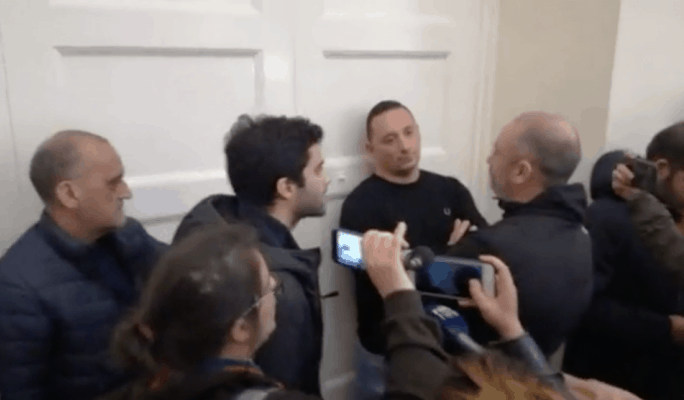Sitting through the President’s national unity conference on Saturday I detected in the interventions of some people – though by no means in all – a recognition that Malta has reached extremes of divisiveness we all must make a conscious effort to crawl back from.
Probably in a diplomatic effort to avoid disputes on interpretation few specific examples were mentioned.
One that could have made the grade is that time in November 2019 when the prime minister called a press conference in the Ambassador’s Room in Castille for 3 am. There were dozens of journalists from Malta and from overseas. They watched Joseph Muscat, flanked by his Ministers, lie about what had been discussed for several hours that evening and before they could ask him any questions, they all walked out.
There were many questions the prime minister owed the public an answer to. But Joseph Muscat was not accountable in the good times let alone when he must have already realised his resignation and the end of his political life was nigh.

In order to make sure journalists were not allowed to ask him questions they were locked inside the Ambassador’s Room for several minutes, held back by hired hands who had no identification and were certainly not officials of any State security agency.
They were thugs, very much in the breed of gorillas that used to run the show in this country in the 1980s.
The police fucked up criminal charges against three of the thugs and their acquittal followed.
But a complaint to the Standards Commissioner was also filed. It didn’t ask if Joseph Muscat committed a crime in this case. The complaint asked George Hyzler if he thought Joseph Muscat stuck to the rules about ethical conduct in this case.
The procedure in these cases is that if the Standards Commissioner decides the complaint is baseless and no breach has occurred or that he considers the case closed because, say, the minister concerned has already apologised, he publishes his report or at least sends it to the complainant.
But if the Standards Commissioner thinks something bad happened and the complaint is justified and something needs to be done about that, he sends his report to a committee of Parliamentarians (two from the government side, two from the opposition and the Speaker) for them to decide what to do including whether to publish the report.
Government MPs and the Speaker yesterday decided they would suppress the report. It wasn’t the most politically astute move ever. The MPs from the Opposition had a copy of the report and they weren’t likely to keep a report that says Joseph Muscat acted wrongfully and unethically secret for very long.
Sure enough, the report was all over the newspapers this morning.
It is, predictably, damning on Joseph Muscat. Any report that would have absolved the conduct of hiring gorillas to lock up and intimidate journalist would have been a travesty.
But the behaviour of the Speaker and the government MPS has made this story worse. They are still willing to use legal sophistry combined with their voting power to deny this country the opportunity to confront what went wrong these last few years and start healing from the wounds these vicious assaults on democracy have caused us.
Government MPs said the Commissioner for Standards ought not to have investigated the case because it was the subject of criminal proceedings. George Hyzler fully anticipated this and addressed the possible objection in detail demonstrating that the law empowered him and gave him the responsibility to investigate the case and report on his findings.
But that’s not the issue now, is it? Parliament is not a court. These cheap court-room manoeuvres are entirely out of place there. The issue here is the substance. And the substance is that an official of Parliament has determined that our government is perfectly capable of hiring untrained, unaccountable, anonymous bouncers to lock up journalists and shut them up when it so suits the government to do.
And Parliament has now determined that it would allow the government to do this without consequence.
Not only has this wound of the oppression of basic media freedom not be dressed, but it has also been reopened afresh with a new outrage now that Parliament has once again ruled itself out from delivering the basic task of overseeing government conduct and calling it out when it crosses the line.
There’s no longer a line around illegally arresting journalists.